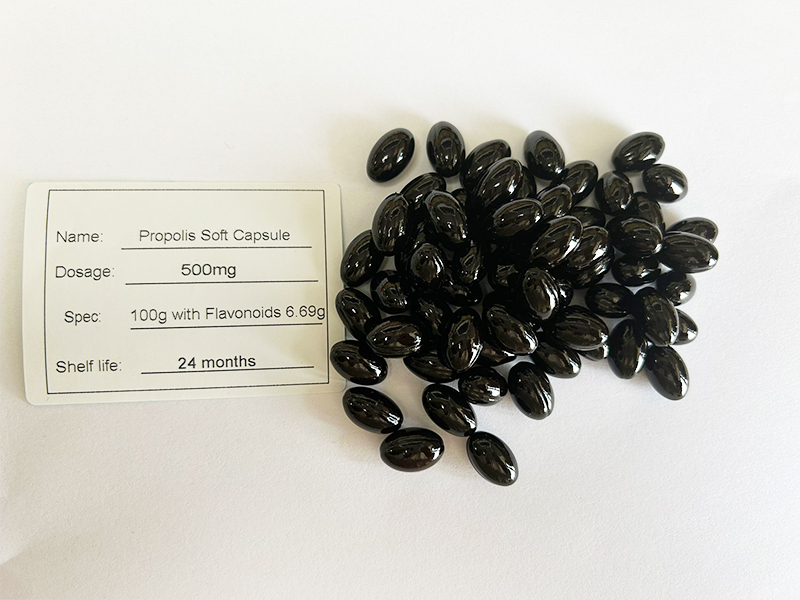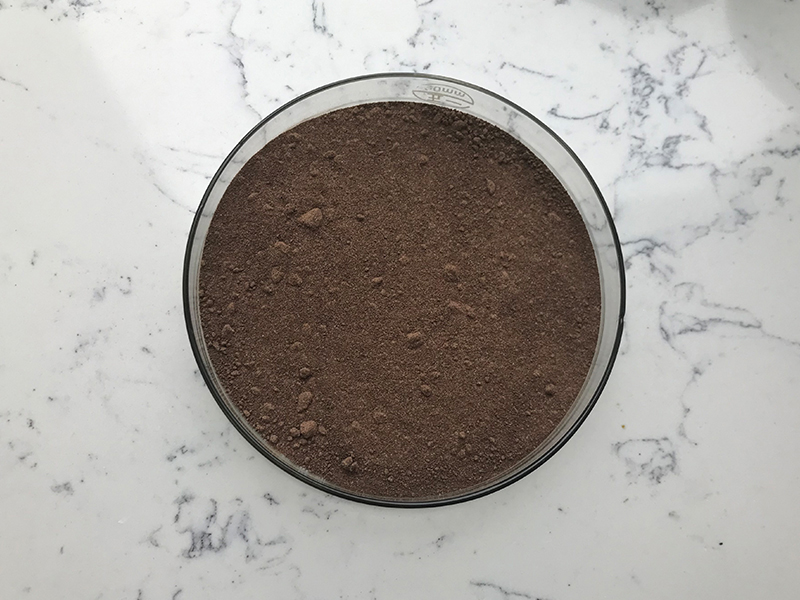Propolis is a natural resin-like substance produced by bees from the sap of plants and trees. It has been used for various medicinal purposes for centuries due to its potential health benefits. Propolis capsules are a convenient way to consume propolis regularly. Here’s a general outline of the materials and methods involved in producing propolis capsules:
Materials:
1.Propolis Extract: Obtained through the extraction process, which typically involves collecting raw propolis and dissolving it in a suitable solvent like ethanol or glycerin to extract its beneficial compounds.
2.Capsule Shells: Usually made of gelatin or vegetarian alternatives like cellulose, these provide a container for the propolis extract.
3.Filler: Often included to ensure proper dosage and to fill any space within the capsule shell. This could be another inert substance or a complementary ingredient.
4.Packaging Materials: Bottles or blister packs for storing and selling the capsules.
5.Quality Control Materials: Testing kits, equipment, and protocols to ensure the quality, purity, and potency of the propolis extract and finished capsules.

Methods:
1.Extraction of Propolis:
Raw propolis is collected from beehives.
It’s then cleaned to remove any impurities like beeswax or debris.
The cleaned propolis is ground into small pieces or powder to increase surface area.
It’s then mixed with a suitable solvent (like ethanol or glycerin) and allowed to steep for a period, typically several weeks, to extract the beneficial compounds.
The mixture is filtered to remove any remaining solid particles, leaving behind a concentrated propolis extract.
2.Capsule Production:
The propolis extract is mixed with any filler material if necessary to ensure proper dosage.
Capsule shells are filled with the propolis mixture using encapsulation machines.
The filled capsules are inspected for proper filling and quality control.
3.Quality Control:
Various tests are conducted to ensure the quality, purity, and potency of the propolis extract and finished capsules. This might include tests for microbial contamination, solvent residues, and active compound concentration.
Capsules that pass quality control are packaged in suitable containers and labeled with dosage instructions, expiration dates, and other relevant information.

4.Packaging and Distribution:
Finished capsules are packaged in bottles or blister packs.
Proper labeling is applied, including dosage instructions, ingredients, and any relevant warnings.
Packaged capsules are distributed to retailers or directly to consumers.
5.Storage and Handling:
Proper storage conditions are maintained to preserve the quality and potency of the capsules.
Guidelines for handling and storage are provided to distributors and consumers.
Overall, the production of propolis capsules involves careful extraction of propolis, formulation into capsules, rigorous quality control measures, and proper packaging and distribution to ensure that consumers receive a safe and effective product.
